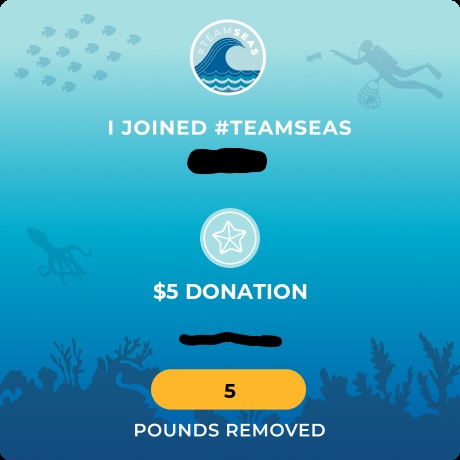Good day,
It has been a while since I have last posted (it seems to be a pattern), so I thought I would write a minor update.
I have had a busy start to the year with school work, doctoral research and personal life.
This was the first semester since I was admitted into a doctoral program. I have taken four courses, which ate up quite a bit of my time. I am still completing one. Along with the dissertation, doctoral students still need to earn other credits.
I continue to hone my research plan and methodology as I read a lot. I will not be taking courses this summer, so I will be full-time working on my research (I am on a grant). My plan is to share some of my research, or at least things I find interesting, here on this blog.
Hopefully, through more content, there will be more engagement on the website.


Recent Comments